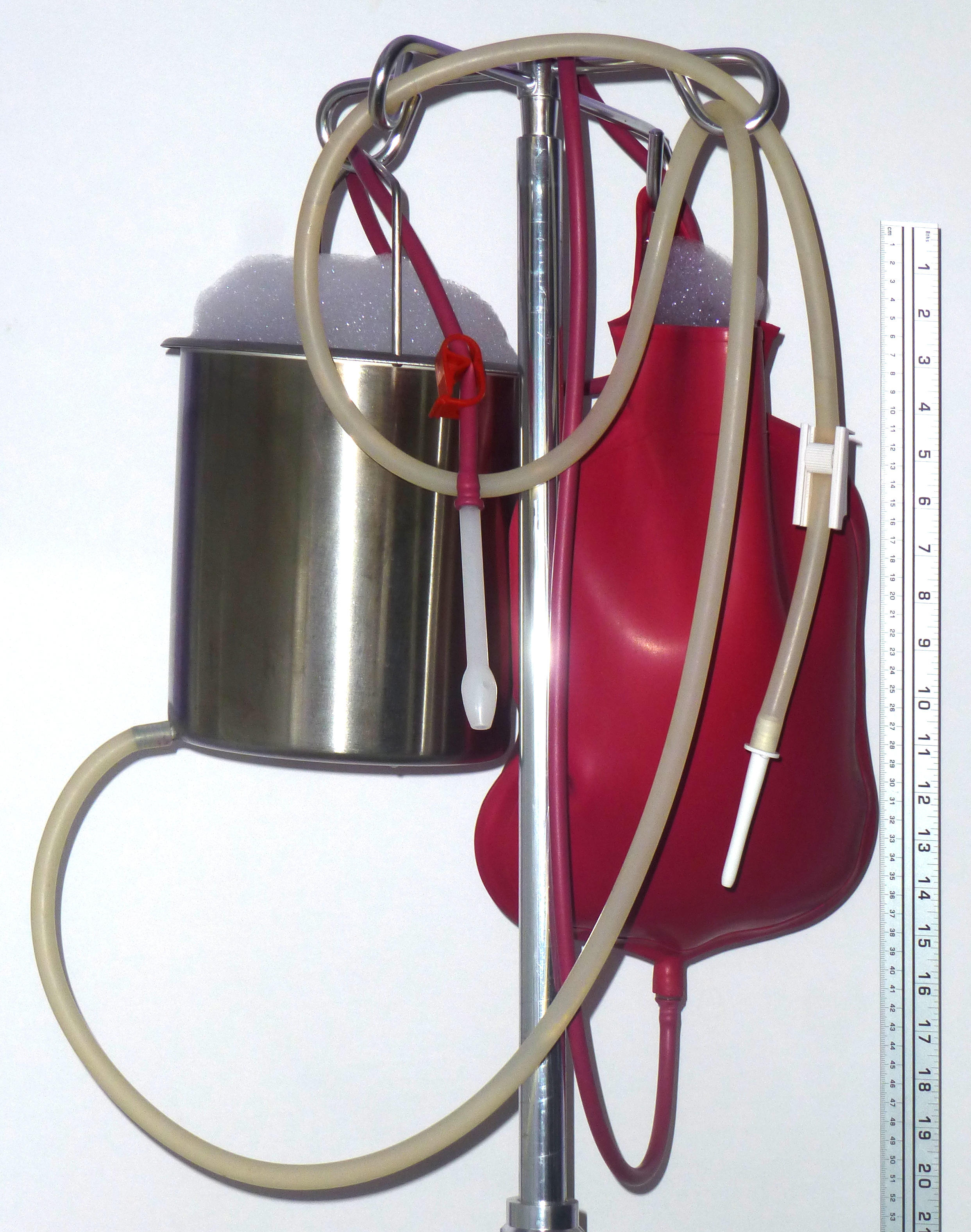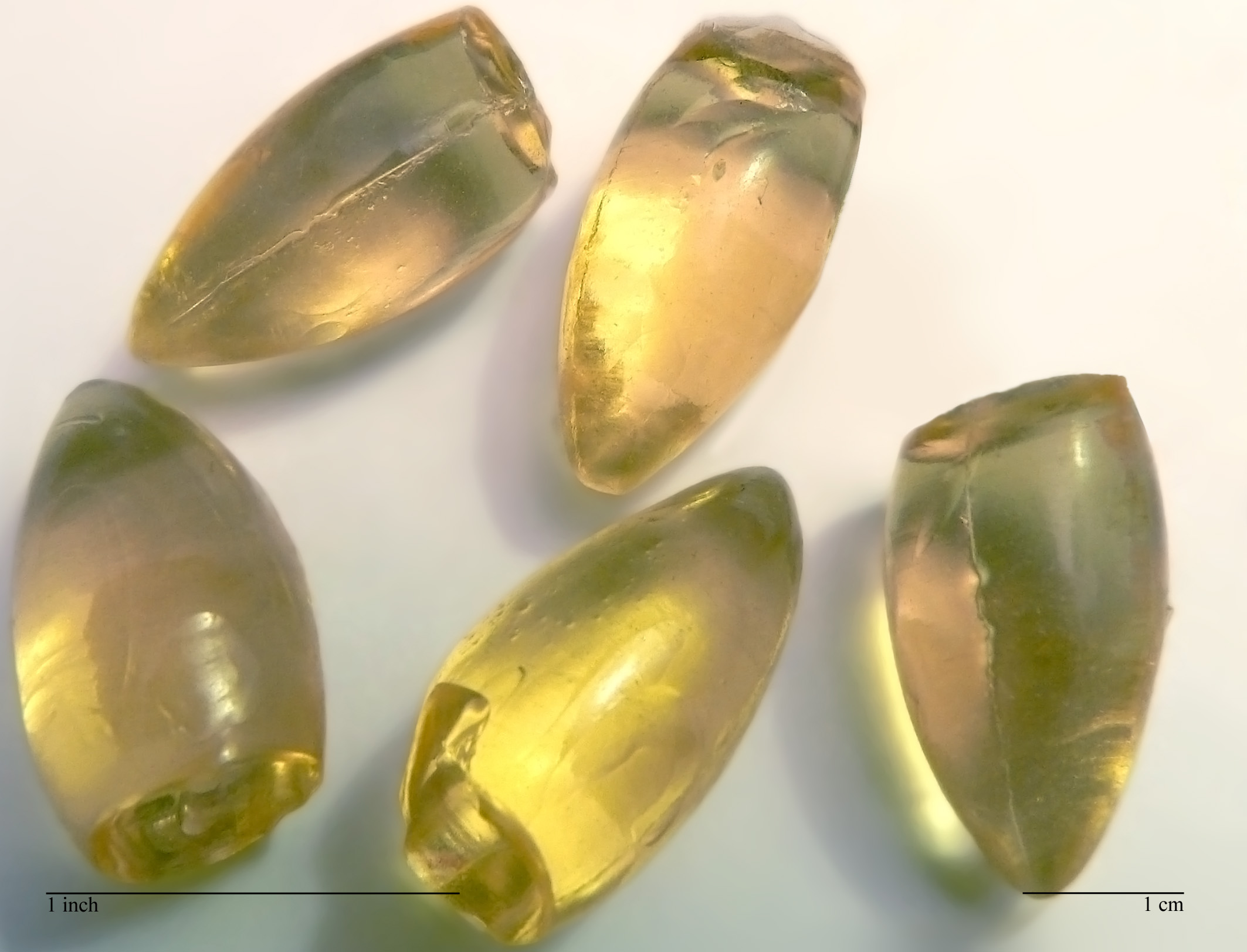|
Stuart Threipland
Stuart Threipland MD, FRCPE (18 May 17161805) was a Scottish physician. He was the son of Sir David Threipland, the second baronet of Fingask and, like his father, was an active Jacobite. After qualifying MD from the University of Edinburgh in 1742 he became a fellow of the Royal College of Physicians of Edinburgh (RCPE) two years later. In 1745 he joined Prince Charles Edward Stuart in the Jacobite rising. He became physician-in-chief to the prince and stayed with the army throughout the campaign. After the Jacobite defeat at Culloden in April 1746 he went into exile in France but was able to return to Scotland under the Act of Indemnity (1747). When his father died in 1746 he succeeded to become ''de jure'' the third baronet of Fingask but was technically unable to use the title which had been forfeited by his father because of his support for the Jacobite cause. He practised as a physician in Edinburgh and was elected president of the RCPE in 1766. In 1783 he was able to b ... [...More Info...] [...Related Items...] OR: [Wikipedia] [Google] [Baidu] |
William Delacour
William Delacour (also known as William Delacourt or William De la Cour) (1700–1767) was a French painter. He was active from 1741 until 1767. His work is held in the collection of the Cooper-Hewitt, National Design Museum. Biography William Delacour is believed to have been either born in France or in Great Britain to French parents. From historical record, it is known that he became active in Great Britain in 1740. It was then that he was painting theatrical scenery. He created scenery for operas by Giovanni Battista Pescetti. He also may have designed works for John Rich. Around 1750, he published eight different books, called ''Books of Ornaments'', about Rococo design. As of 1752, records show him calling himself a portrait painter. He worked in oil and pastels. He also painted landscapes in Dublin, Glasgow and Edinburgh. He settled in Edinburgh in march 1760 and was appointed the first Master of the Trustees' Academy. He also worked for private clients, including interi ... [...More Info...] [...Related Items...] OR: [Wikipedia] [Google] [Baidu] |
Alumni Of The University Of Edinburgh
This is a list of notable graduates as well as non-graduate former students, academic ranks in the United Kingdom, academic staff, and university officials of the University of Edinburgh in Scotland. It also includes those who may be considered alumni by extension, having studied at institutions that later merged with the University of Edinburgh. The university is associated with 19 Nobel Prize laureates, three Turing Award winners, an Abel Prize laureate and Fields Medallist, four Pulitzer Prize winners, three List of prime ministers of the United Kingdom by education, Prime Ministers of the United Kingdom, and several Olympic Games, Olympic gold medallists. Government and politics Heads of state and government United Kingdom Cabinet and Party Leaders Scottish Cabinet and Party Leaders Current Members of the House of Commons * Wendy Chamberlain, MP for North East Fife (UK Parliament constituency), North East Fife * Joanna Cherry, MP for Edinburgh South West (UK Pa ... [...More Info...] [...Related Items...] OR: [Wikipedia] [Google] [Baidu] |
18th-century Scottish Medical Doctors
The 18th century lasted from January 1, 1701 ( MDCCI) to December 31, 1800 ( MDCCC). During the 18th century, elements of Enlightenment thinking culminated in the American, French, and Haitian Revolutions. During the century, slave trading and human trafficking expanded across the shores of the Atlantic, while declining in Russia, China, and Korea. Revolutions began to challenge the legitimacy of monarchical and aristocratic power structures, including the structures and beliefs that supported slavery. The Industrial Revolution began during mid-century, leading to radical changes in human society and the environment. Western historians have occasionally defined the 18th century otherwise for the purposes of their work. For example, the "short" 18th century may be defined as 1715–1789, denoting the period of time between the death of Louis XIV of France and the start of the French Revolution, with an emphasis on directly interconnected events. To historians who expan ... [...More Info...] [...Related Items...] OR: [Wikipedia] [Google] [Baidu] |
1805 Deaths
Eighteen or 18 may refer to: * 18 (number), the natural number following 17 and preceding 19 * one of the years 18 BC, AD 18, 1918, 2018 Film, television and entertainment * ''18'' (film), a 1993 Taiwanese experimental film based on the short story ''God's Dice'' * ''Eighteen'' (film), a 2005 Canadian dramatic feature film * 18 (British Board of Film Classification), a film rating in the United Kingdom, also used in Ireland by the Irish Film Classification Office * 18 (''Dragon Ball''), a character in the ''Dragon Ball'' franchise * "Eighteen", a 2006 episode of the animated television series '' 12 oz. Mouse'' Music Albums * ''18'' (Moby album), 2002 * ''18'' (Nana Kitade album), 2005 * '' 18...'', 2009 debut album by G.E.M. Songs * "18" (5 Seconds of Summer song), from their 2014 eponymous debut album * "18" (One Direction song), from their 2014 studio album ''Four'' * "18", by Anarbor from their 2013 studio album ''Burnout'' * "I'm Eighteen", by Alice Cooper common ... [...More Info...] [...Related Items...] OR: [Wikipedia] [Google] [Baidu] |
1716 Births
Events January–March * January 16 – The application of the Nueva Planta decrees to Catalonia make it subject to the laws of the Crown of Castile, and abolishes the Principality of Catalonia as a political entity, concluding the unification of Spain under Philip V. * January 27 – The Tugaloo massacre changes the course of the Yamasee War, allying the Cherokee nation with the British province of South Carolina against the Creek Indian nation. * January 28 – The town of Crieff, Scotland, is burned to the ground by Jacobites returning from the Battle of Sheriffmuir. * February 3 – The 1716 Algiers earthquake sequence began with an 7.0 mainshock that caused severe damage and killed 20,000 in Algeria. * February 10 – James Edward Stuart flees from Scotland to France with a handful of supporters, following the failure of the Jacobite rising of 1715. * February 24 – Jacobite leaders James Radclyffe, 3rd Earl of Derwentwater ... [...More Info...] [...Related Items...] OR: [Wikipedia] [Google] [Baidu] |
Enema
An enema, also known as a clyster, is an injection of fluid into the lower bowel by way of the rectum.Cullingworth, ''A Manual of Nursing, Medical and Surgical'':155 The word enema can also refer to the liquid injected, as well as to a device for administering such an injection. In standard medicine, the most frequent uses of enemas are to relieve constipation and for bowel cleansing before a medical examination or procedure; also, they are employed as a lower gastrointestinal series (also called a barium enema), to treat traveler's diarrhea, as a vehicle for the administration of food, water or medicine, as a stimulant to the general system, as a local application and, more rarely, as a means of reducing temperature, as treatment for encopresis, and as a form of rehydration therapy (proctoclysis) in patients for whom intravenous therapy is not applicable. In other contexts, enemas are used by some alternative health therapies, used for enjoyment, chiefly as part of sexu ... [...More Info...] [...Related Items...] OR: [Wikipedia] [Google] [Baidu] |
Emetics
Vomiting (also known as emesis and throwing up) is the involuntary, forceful expulsion of the contents of one's stomach through the mouth and sometimes the nose. Vomiting can be the result of ailments like food poisoning, gastroenteritis, pregnancy, motion sickness, or hangover; or it can be an after effect of diseases such as brain tumors, elevated intracranial pressure, or overexposure to ionizing radiation. The feeling that one is about to vomit is called nausea; it often precedes, but does not always lead to vomiting. Impairment due to alcohol or anesthesia can cause inhalation of vomit, leading to suffocation. In severe cases, where dehydration develops, intravenous fluid may be required. Antiemetics are sometimes necessary to suppress nausea and vomiting. Self-induced vomiting can be a component of an eating disorder such as bulimia, and is itself now classified as an eating disorder on its own, purging disorder. Complications Aspiration Vomiting is dangerous if ... [...More Info...] [...Related Items...] OR: [Wikipedia] [Google] [Baidu] |
Purgatives
Laxatives, purgatives, or aperients are substances that loosen stools and increase bowel movements. They are used to treat and prevent constipation. Laxatives vary as to how they work and the side effects they may have. Certain stimulant, lubricant and saline laxatives are used to evacuate the colon for rectal and bowel examinations, and may be supplemented by enemas under certain circumstances. Sufficiently high doses of laxatives may cause diarrhea. Some laxatives combine more than one active ingredient. Laxatives may be administered orally or rectally. Types Bulk-forming agents Bulk-forming laxatives, also known as roughage, are substances, such as fiber in food and hydrophilic agents in over-the-counter drugs, that add bulk and water to stools so that they can pass more easily through the intestines (lower part of the digestive tract). Properties * Site of action: small and large intestines * Onset of action: 12–72 hours * Examples: dietary fiber, Metamucil, ... [...More Info...] [...Related Items...] OR: [Wikipedia] [Google] [Baidu] |
Theory Of Humours
Humorism, the humoral theory, or humoralism, was a system of medicine detailing a supposed makeup and workings of the human body, adopted by Ancient Greek and Roman physicians and philosophers. Humorism began to fall out of favor in the 1850s with the advent of germ theory, which was able to show that many diseases previously thought to be humoral were in fact caused by microbes. Origin The concept of "humors" (chemical systems regulating human behaviour) became more prominent from the writing of medical theorist Alcmaeon of Croton (c. 540–500 BC). His list of humors was longer and included fundamental elements described by Empedocles, such as water, air, earth, fire, etc.. The concept of "humors" may have origins in Ancient Egyptian medicine, or Mesopotamia, though it was not systemized until ancient Greek thinkers. The word ''humor'' is a translation of Greek χυμός, ''chymos'' (literally juice or sap, metaphorically flavor). Ancient Indian Ayurveda medicine had devel ... [...More Info...] [...Related Items...] OR: [Wikipedia] [Google] [Baidu] |
Alexander Wood (surgeon)
Alexander Wood (14 June 1725 – 12 May 1807) was a Scottish surgeon, who was active in the convivial clubs which flourished in Enlightenment Edinburgh and was the founder of two of these. Owing to his lean, lanky physique he was better known to his contemporaries and to posterity as "Lang Sandy" Wood. His treatment of and friendship with the poet Robert Burns contributed to the local celebrity status which he attained. Early life and education Wood was born at Restalrig on 14 June 1725, the son of Thomas Wood (1702–1798), a farmer, and his wife Janet Lamb. He studied medicine at the University of Edinburgh and after graduating took up practice in Musselburgh. Medical practice He became a Freeman of the Incorporation of Surgeons of Edinburgh in 1756, and was appointed to the staff of the new Royal Infirmary of Edinburgh. Elected Deacon (President) of the Incorporation of Surgeons in 1762, he held office for two years. He was in surgical practice with the surgeons John R ... [...More Info...] [...Related Items...] OR: [Wikipedia] [Google] [Baidu] |
Medicine Chest
A medicine chest is a container or cabinet for storing medicine. All ships governed by the regulations of the International Maritime Organization must have medical supplies and suitable storage for them such as refrigeration and locks. In Canada medicine chest has a related, symbolic meaning. Under the terms of Treaty 6 between the Canadian government and several bands of First Nations people ("Indians"), the government was required to supply each Indian reserve with a medicine chest. Thst has been interpreted as an ongoing responsibility for the government to provide healthcare to First Nations people. aadnc-aandc.gc.ca [...More Info...] [...Related Items...] OR: [Wikipedia] [Google] [Baidu] |






_Wood_with_umbrella_caricatured_by_John_Kay.jpg)
.jpg)